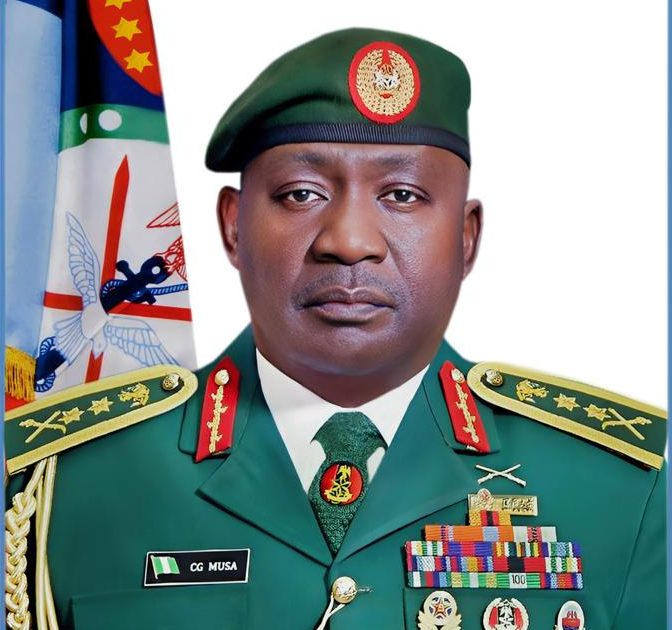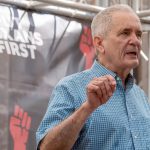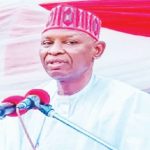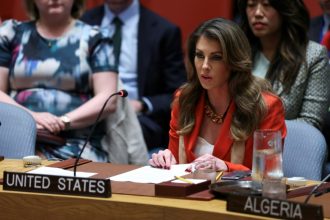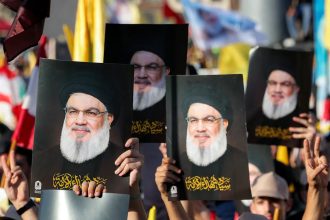Military retirees across the country have renewed calls for an upward review of salaries and pensions for both serving and retired personnel, warning that continued delay is deepening frustration within the veterans’ community.
The demands topped discussions last week during a meeting between the Chief of Defence Staff, Gen. Christopher Musa, and members of the Ministry of Defence’s five-man Ministerial Standing Committee on Military Veterans’ Welfare, led by retired Air Commodore Femi Oguntuyi.
Although the Director of Defence Information, Brig. Gen. Tukur Gusau, earlier confirmed the meeting, he did not disclose details.
Sources familiar with the discussions said the veterans insisted that pensions cannot be reviewed unless salaries of serving personnel are first increased, citing recommendations submitted since 2023.
“Neglecting welfare obligations is fuelling agitation and protests among ex-servicemen. These are men who gave their youth and blood for the nation. They are not asking for too much by demanding a fair pension tied to the current realities of service.
“Pensions are directly tied to the salaries of those still in service. Without increasing their pay, retirees will continue to suffer under the same outdated rates,” one of the retirees told our correspondent.
The veterans also demanded a reversal of the 2017 policy that cut pensions for “boarded” ex-servicemen retired on medical grounds. They described the move as unjust and called for a special compensation package for those who sustained permanent disabilities in service.
“These are men who have been rendered unfit to work again because of the sacrifices they made. They deserve one-off financial compensation depending on the degree of disability,” another source added.
Beyond welfare, the veterans urged government to award national honours to fallen and living ex-servicemen, noting that if sportsmen and entertainers are celebrated with medals and houses, “veterans who defended the country with their lives deserve no less.”
Responding, General Musa reportedly acknowledged their concerns and directed the Chief of Administration at Defence Headquarters to open discussions with the ministerial committee toward producing “workable solutions within a short time frame.”
Meanwhile, President Bola Tinubu has called for stronger regional and continental cooperation to combat terrorism, cybercrime, piracy, and transnational crime, stressing that insecurity in Africa requires collective response.
Declaring open the maiden African Chiefs of Defence Staff Summit in Abuja on Monday, Tinubu—represented by Vice President Kashim Shettima—said African militaries must adopt a common doctrine of continental defence rooted in trust, shared intelligence, and coordinated strategy.
“From the deserts where insurgency festers, to the high seas where piracy prowls, from the silent corridors of cybercrime to the ruthless networks of transnational criminals, none of these tragedies respects borders, and neither should our response,” he said in a statement by his aide, Stanley Nkwocha.
The President proposed the establishment of a permanent African Chiefs of Defence Staff Forum to sustain dialogue and coordination. He also urged investment in cyber defence, artificial intelligence, and indigenous military innovation, stressing that Africa must move from being a consumer of technology to becoming a creator.
He added: “Security is the foundation upon which the edifice of progress must stand. This summit must not merely end with a standing ovation but be a covenant to deepen cooperation, through joint training, harmonised doctrines, and interoperable systems.”
Tributes were also paid to fallen soldiers, with Tinubu saying their legacy must be enshrined in the values and institutions Africa builds.
Also speaking, Defence Minister Mohammed Badaru (represented by Minister of State, Bello Matawalle), UN Deputy Secretary-General Amina Mohammed, ECOWAS Commissioner Abdel-Fatau Musah, and Nigeria’s CDS, General Christopher Musa, all emphasised regional solidarity, technology-driven defence, and African-led solutions to insecurity.


